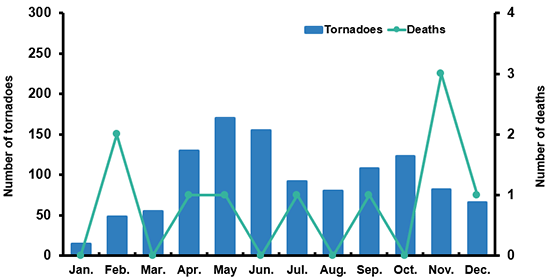 Courtesy of iii.org
Courtesy of iii.org
One might think that family-owned and operated businesses would be relatively immune from employee lawsuits, but that’s not the case according to a recent Gen Re article.
The reasons family-owned businesses get sued include: most family owned businesses employ at least one non-relative; the non-relative is likely to be first to be fired when the business is struggling; and family members are reluctant to discipline each other for bad workplace behavior, especially if the family patriarch is the one misbehaving.
The article gives several examples of lawsuits against family businesses and the awards paid out, concluding that a family-owned business would benefit from including employment practices liability insurance (EPLI) as a part of its insurance package.
According to GenRe:
These workplace scenarios and settlement amounts mirror those we see for all businesses. Discrimination and sexual harassment – as well as wrongful termination, violations of privacy and other employment wrongdoing – are not limited to any type, place or structure of business.
When it’s time to evaluate insurance for the family business, be sure that Employment Practices Liability insurance is not overlooked. The chances of needing EPLI protection are no less than for a slip and fall or fire loss. It’s all relative.



